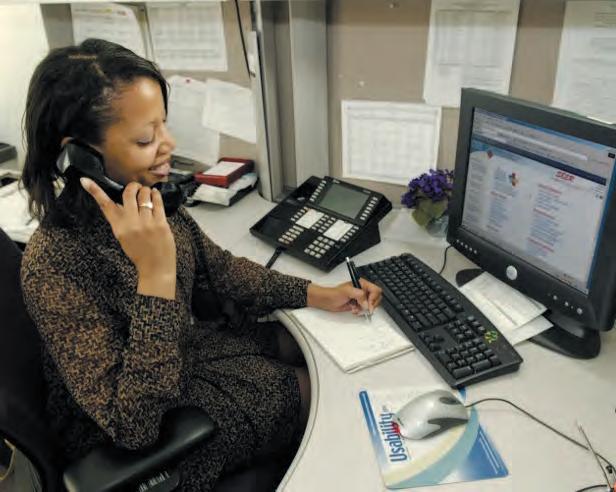
1 minute read
Black Women Face Dire Consequences When Unemployment Rates Rise
In a setback to the progress made in narrowing the racial unemployment gap, an increase in joblessness among Black workers has raised concerns over the waning prospects for the Black labor force.
The Bureau of Labor and Statistics revealed that the unemployment rate for Black individuals rose from 4.7% to 5.6% between April and May. Earlier this year, unemployment rates among Black workers reached their lowest levels in over a year, narrowing the gap with their white counterparts.
However, according to the Economic Policy Institute (EPI), the economic fate of Black women in America provides compelling evidence of the enduring impact of gender and race discrimination on workers and families.
Researchers at the EPI found that employer practices and government policies have historically disadvantaged Black women compared to white women and men, leading to unfavorable labor market positions. Negative representations of black womanhood have reinforced these discriminatory practices and policies.
Additionally, the EPI highlighted that the view of black women as primary workers, dating back to the era of slavery, has contributed to their devaluation as mothers with caregiving responsibilities at home.
Black women have consistently exhibited the highest levels of labor market participation among all women in the United States, regardless of age, marital status, or the presence of children at home.
According to Nick Bunker, the director of economic research at the Indeed Hiring Lab, the latest report’s increase in the unemployment rate was its most concerning feature. Approximately 50 percent of the increase in the number of unemployed workers was attributed to a rise in Black unemployment, suggesting that Black workers may










